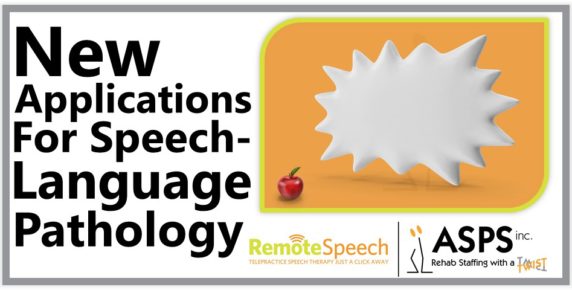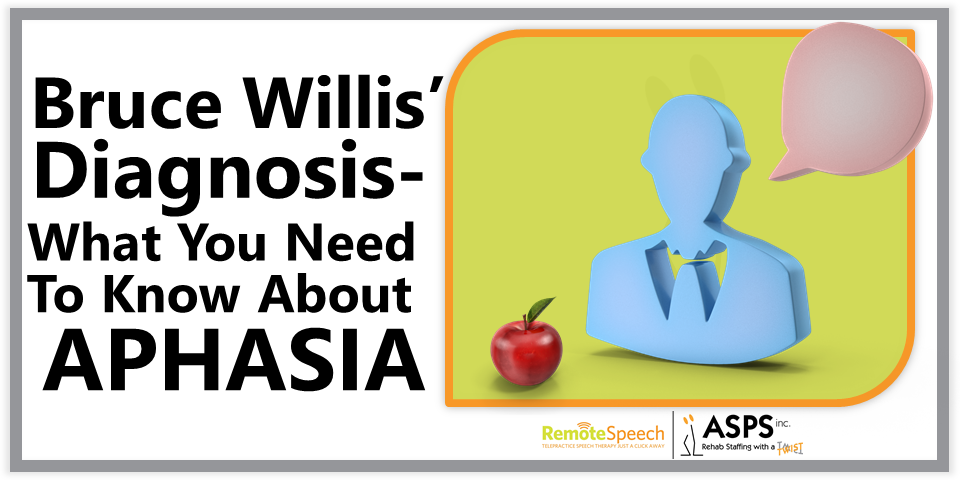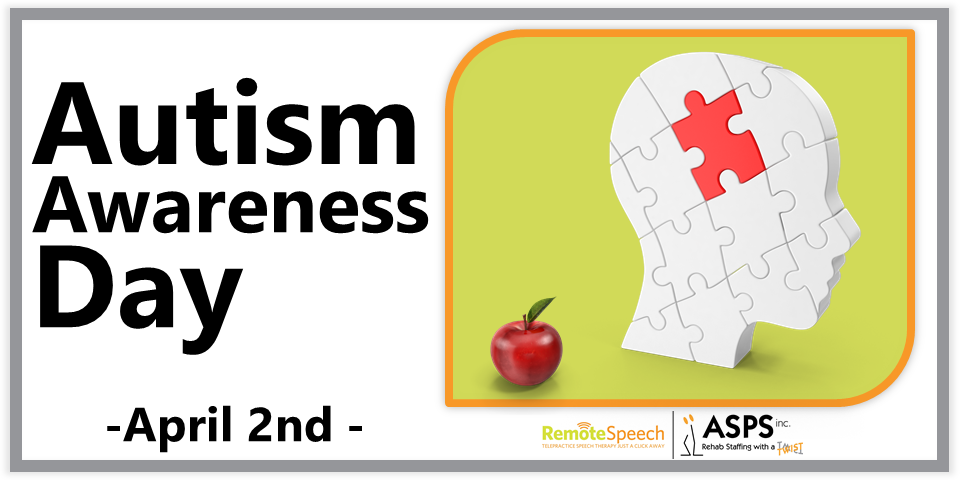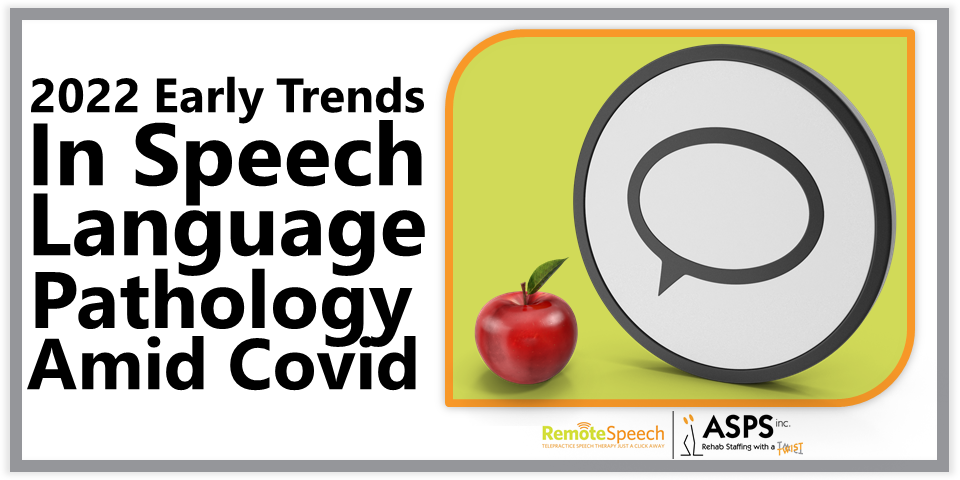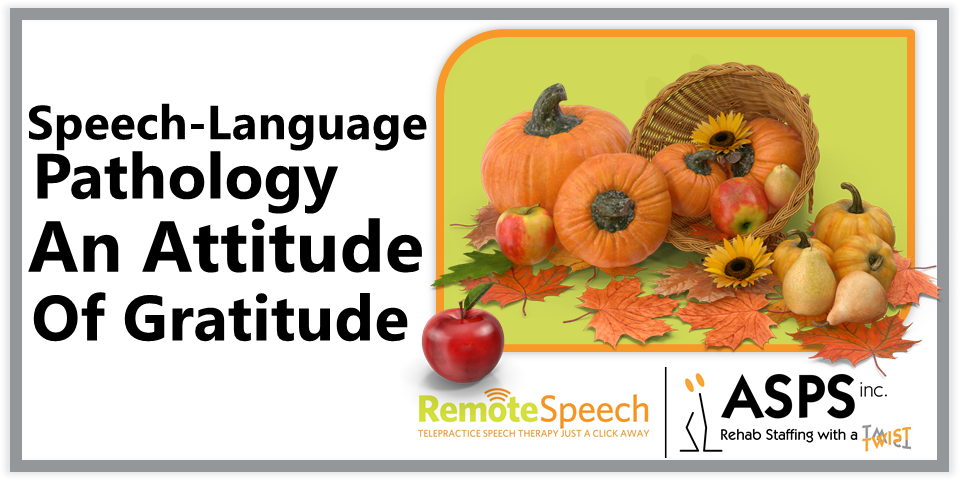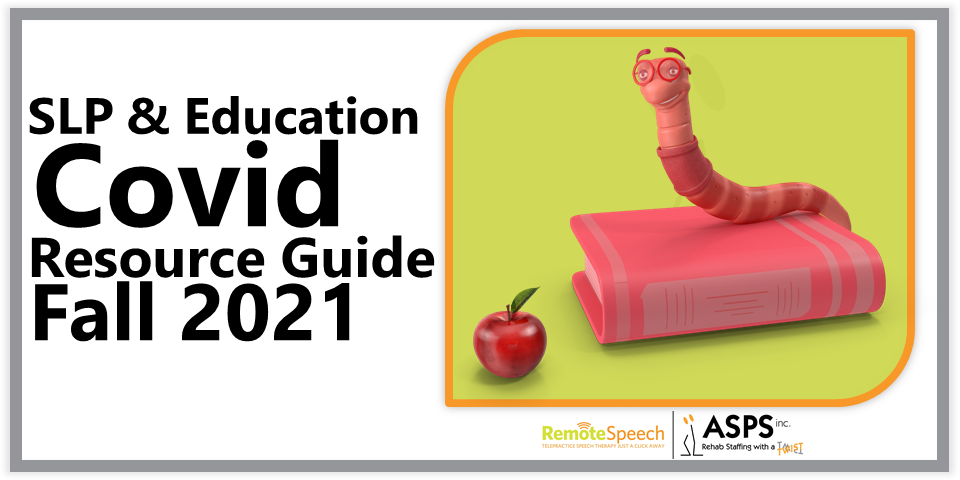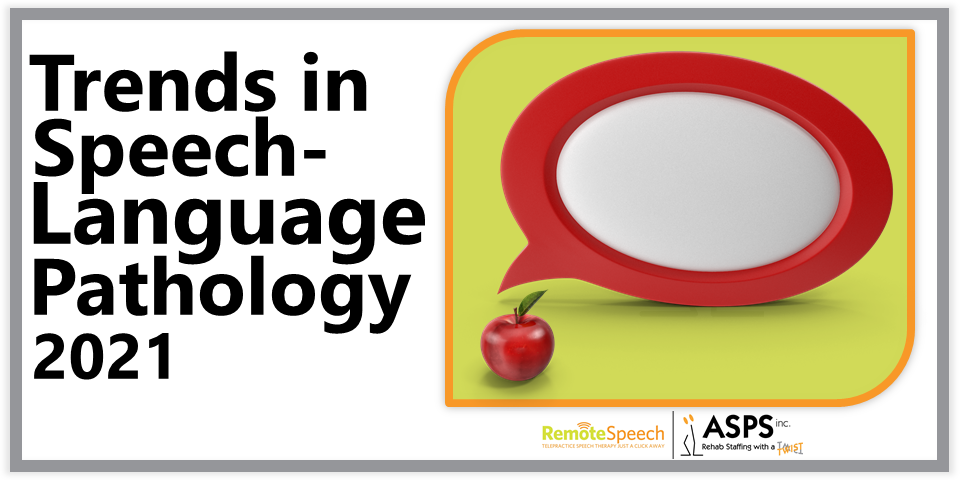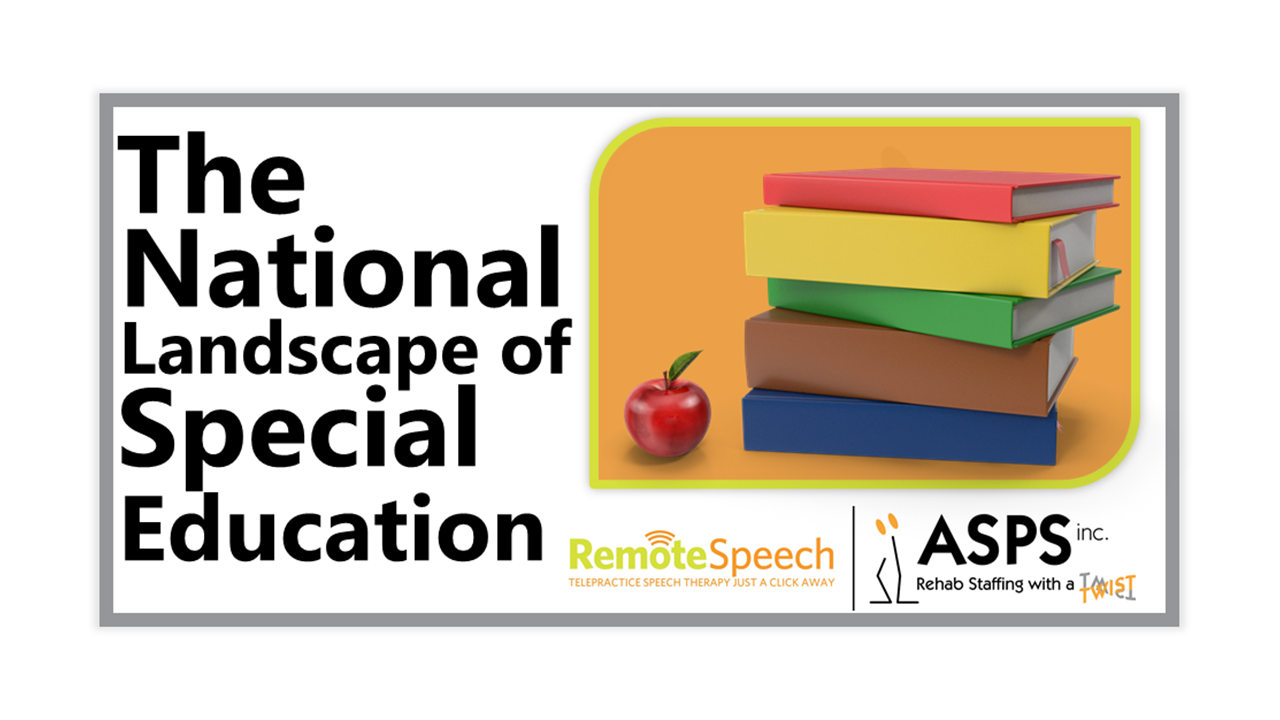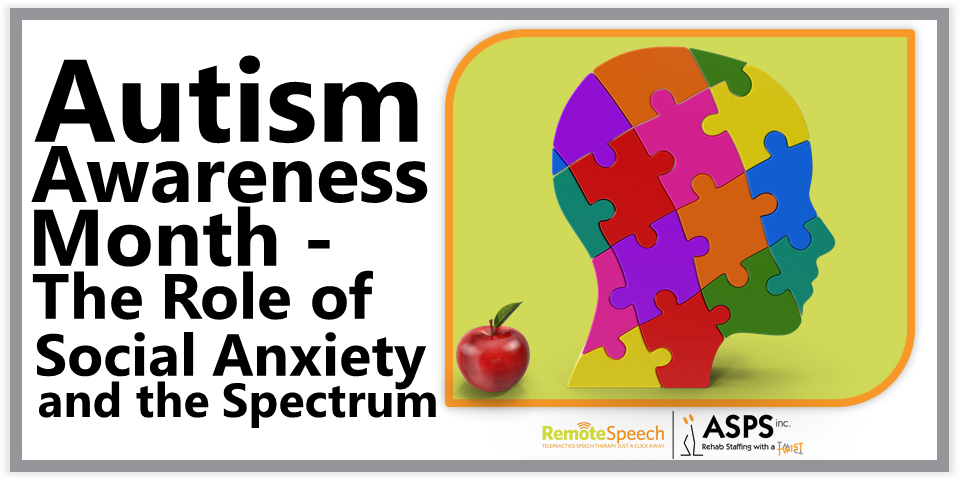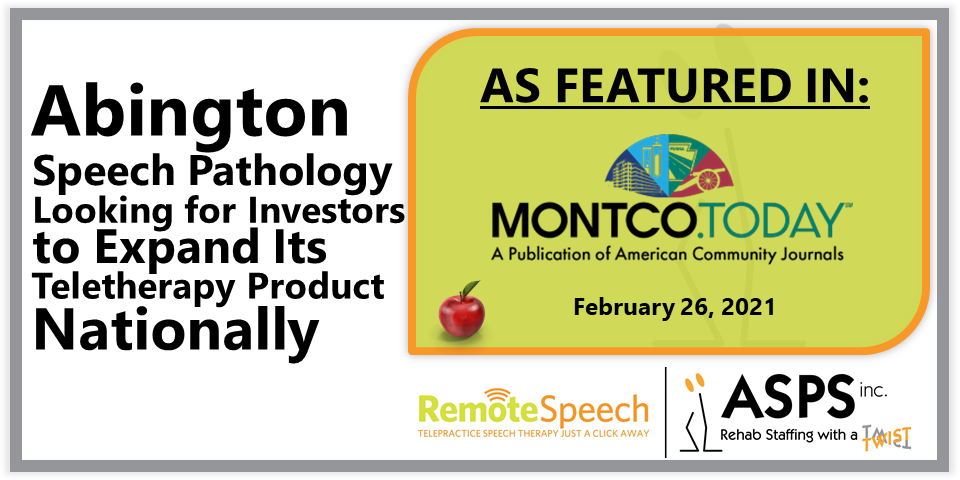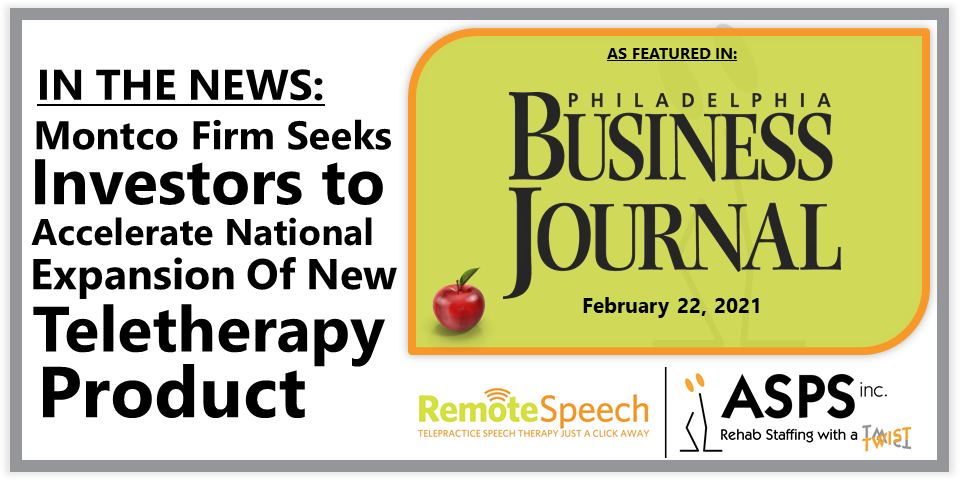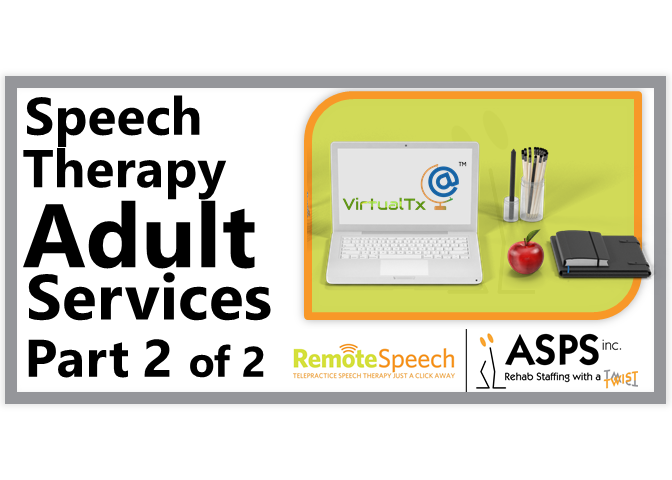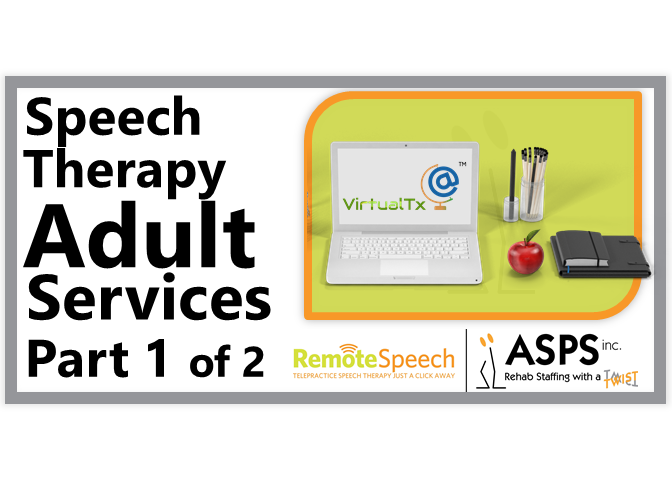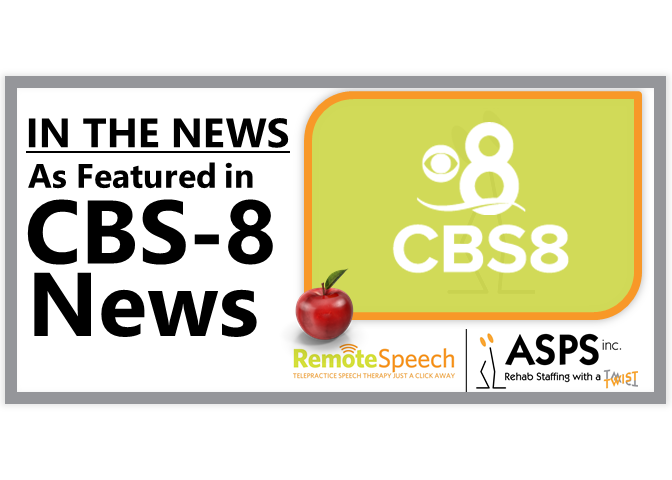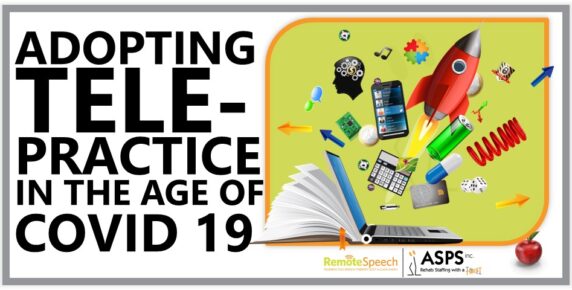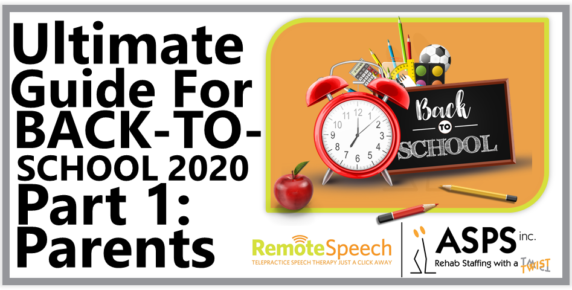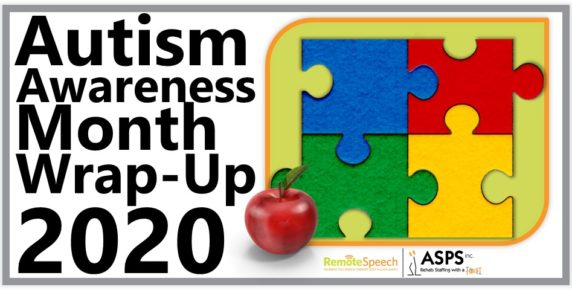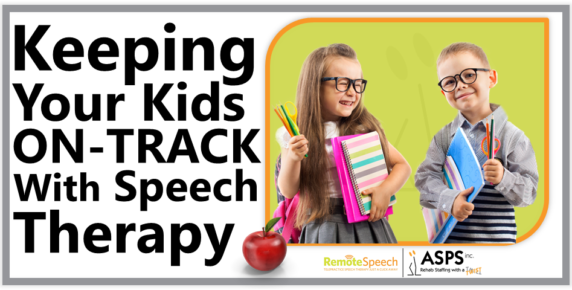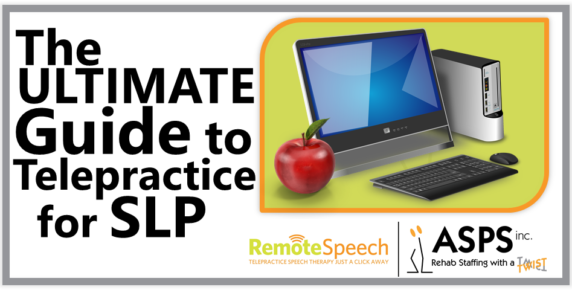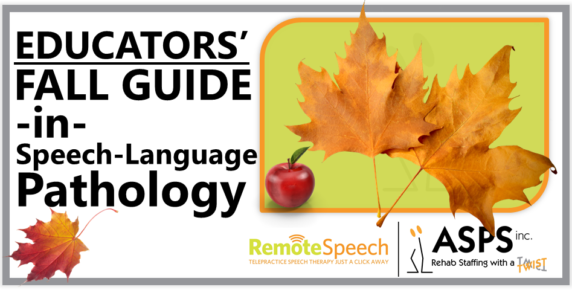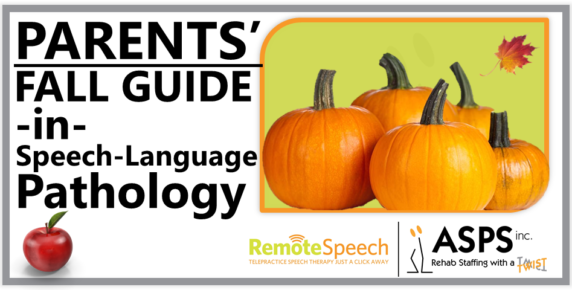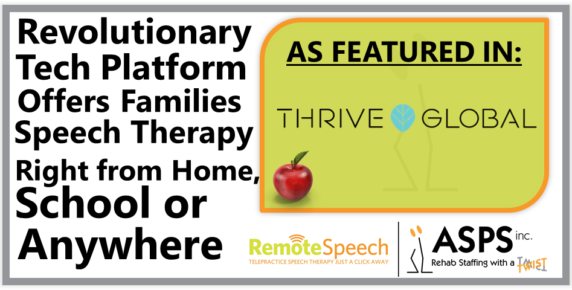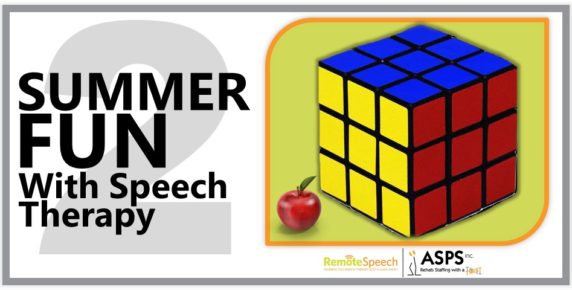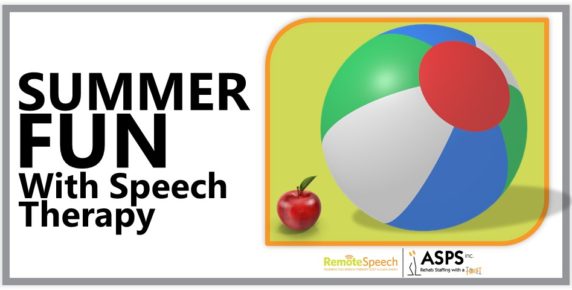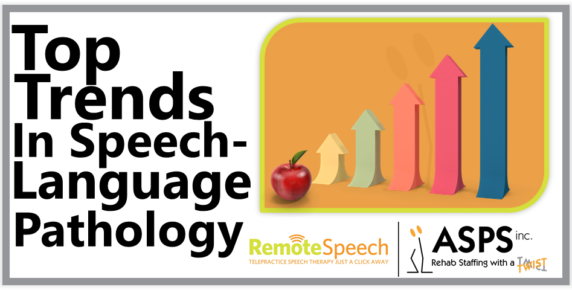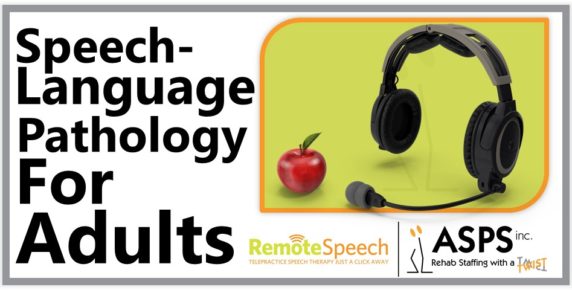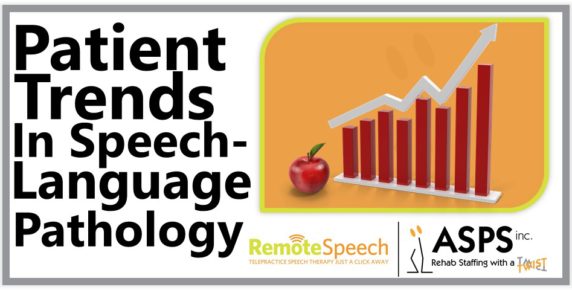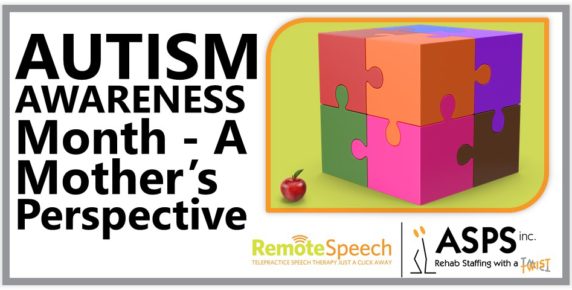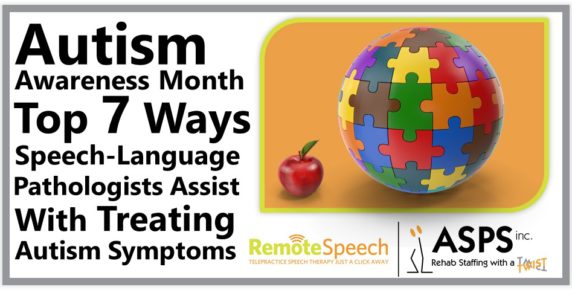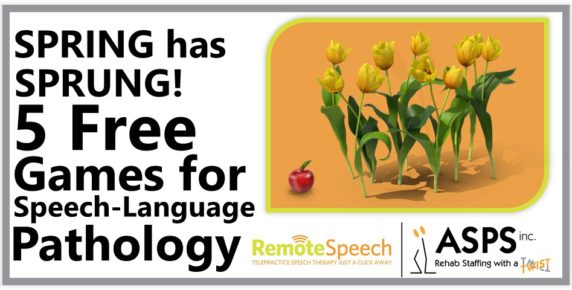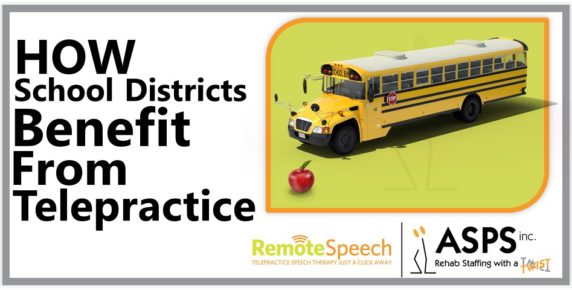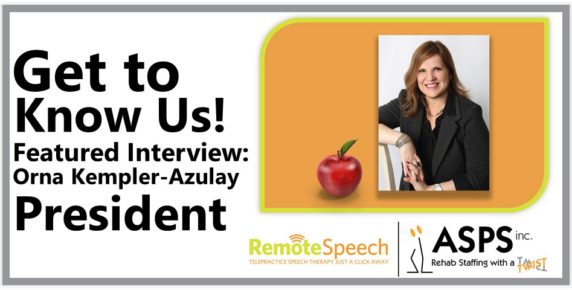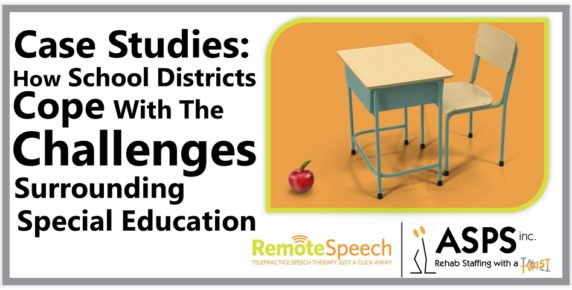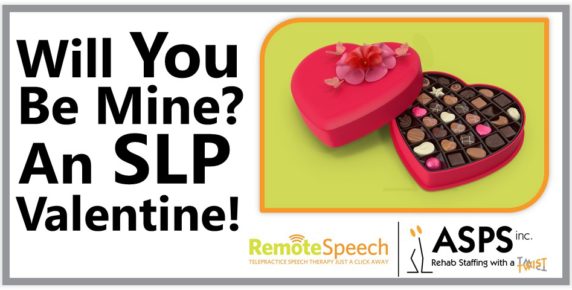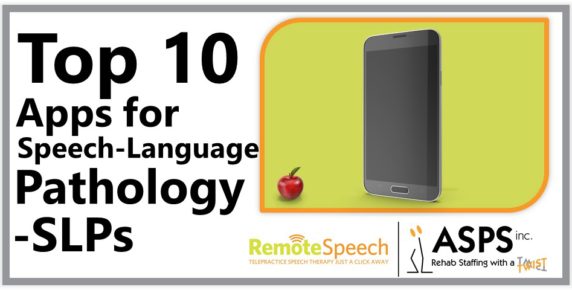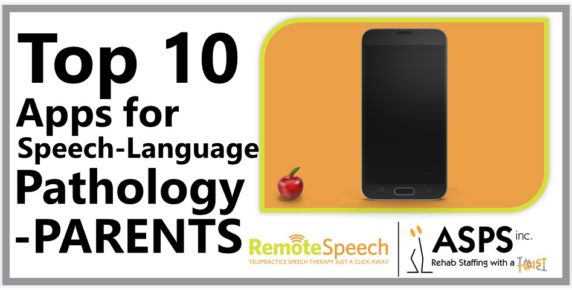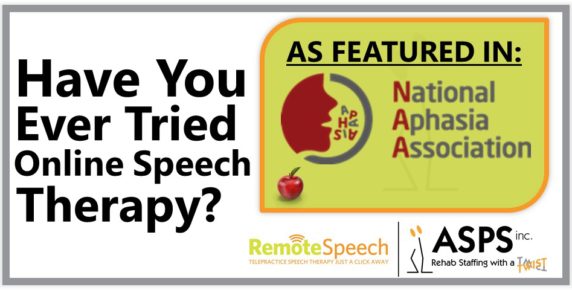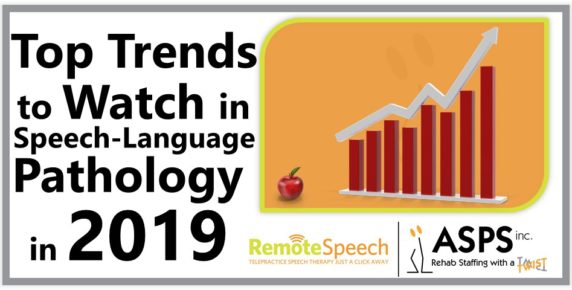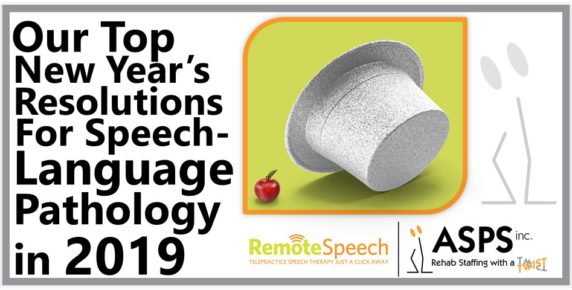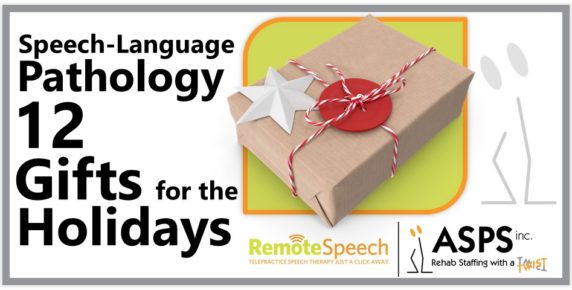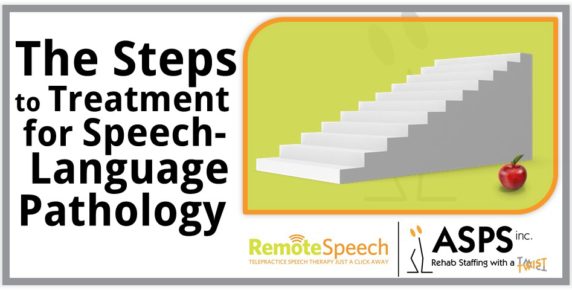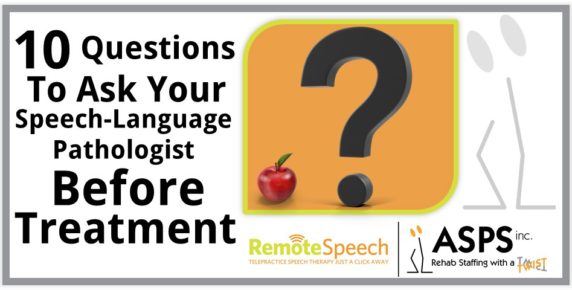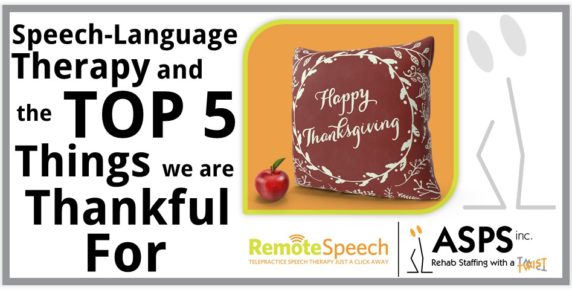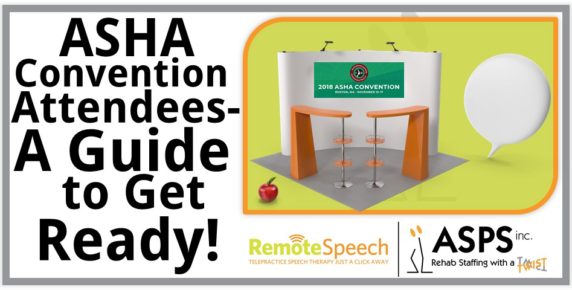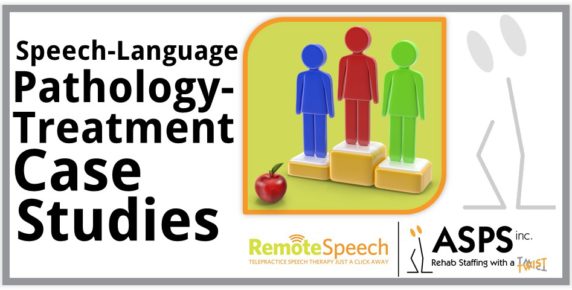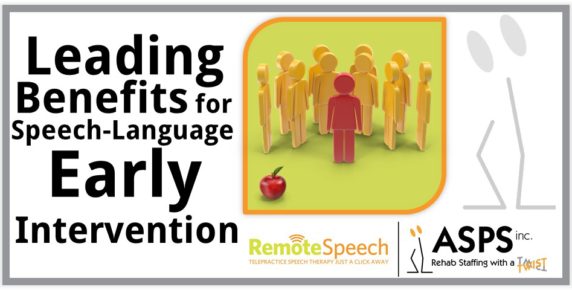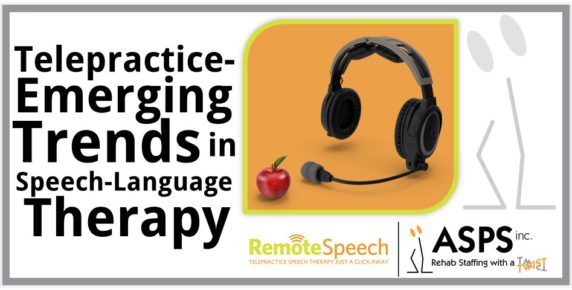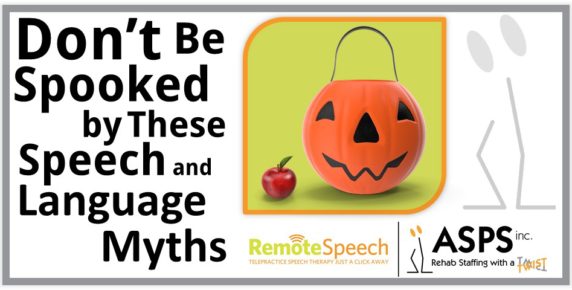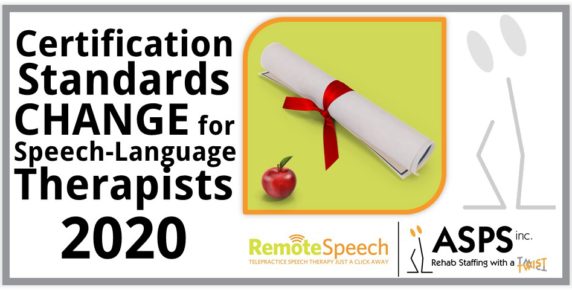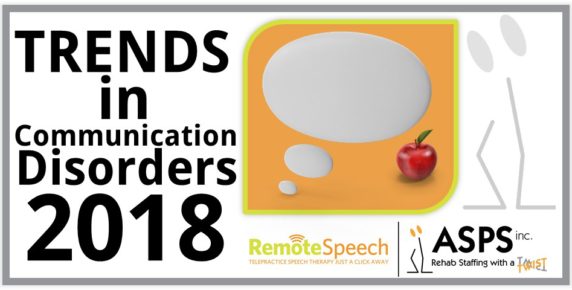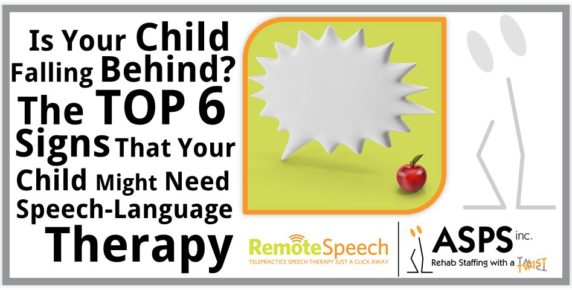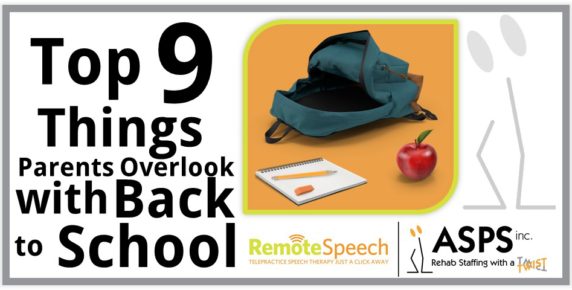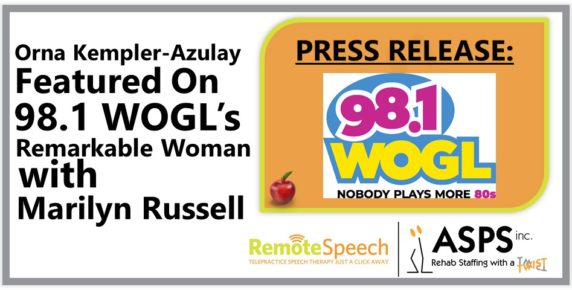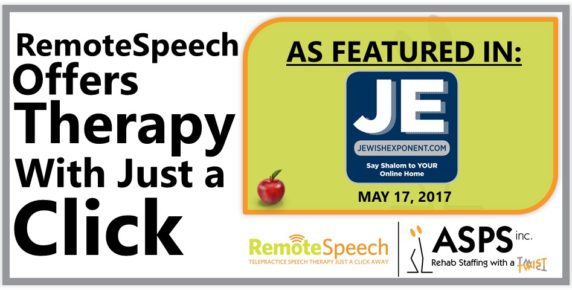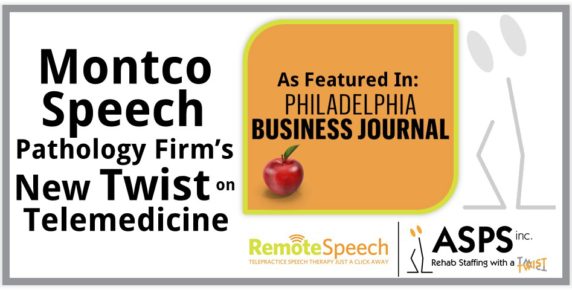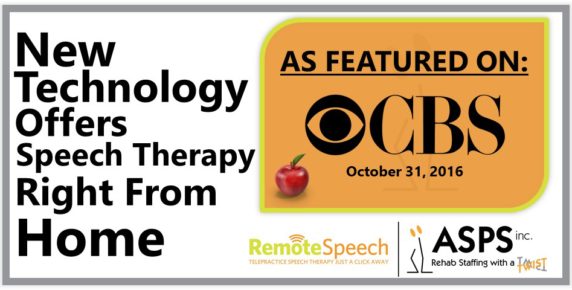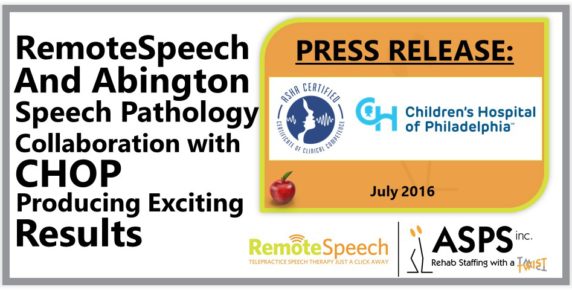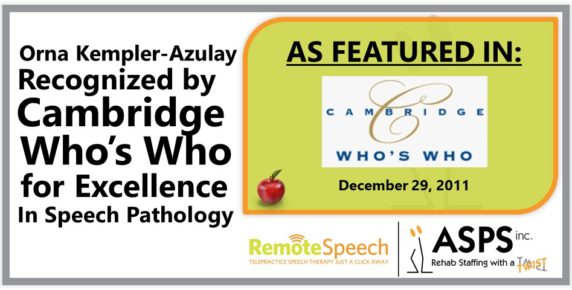Most speech-language pathologists can relate to the deep satisfaction obtained from helping others to communicate more effectively in the world. In fact, there are few skills in life that carry such immense consequence as the ability to communicate more effectively. But what is “effective” communication?
Traditionally, speech-language pathology has pursued to answer this very question, by identifying conditions that challenge communication and developing strategies for treatment. We have developed an infographic to illustrate the myriad of applications for speech-language pathology in a traditional sense. While this list is not exhaustive, it is traditional.
As the world of speech-language pathology grows, so does the creative applications that continue to emerge. In this article, we have identified some exciting opportunities in which speech-language pathology was employed, with exciting developments.
1. Can singing help people recover language skills after a stroke or other brain injury?
Associate professor Jamie Mayer of the NIU School of Allied Health & Communicative Disorders and speech and language pathologist Lilli Bishop are putting this to the test with two choirs at local retirement centers. Mayer and Bishop will describe the role of music for improving communication, cognition and engagement for individuals with acquired, neurogenic cognitive-communicative disorders (problems with thinking or speaking following a brain injury due to stroke, trauma or progressive disease). Learn More
2. A new approach to treating dementia, with speech-language pathology.
Dunwoody resident Anna Drost, a licensed speech-language pathologist (SLP) with more than 40 years of experience, has developed a program called “Keeping the Lights On” that uses empathetic speech-language therapies to help people living with dementia and their families have a better quality of life.
“For years I’ve worked with people with brain injuries and other cognitive issues,” said Drost. “In treating kids, you try to see from their point of view and let them lead the way. We now know it’s the same with older people. An effective therapist will learn their life story and enter their world.”
Drost based the name of her program on what’s going on in the brain of a person with dementia. Learn More
3. Dogs effectively supplement results of speech-language pathology.
Findings from a randomized controlled trial suggest that introducing animals, such as dogs, into therapy sessions can strengthen the benefits of speech-language therapy in children with dysphasia. Researchers evaluated children aged 4 to 7 years with developmental dysphasia — 38 who received animal-assisted therapy with a dog, and 38 who received traditional speech therapy. When the dog was included in therapy sessions, children made several significant improvements in prompted behaviors, including filling up their cheeks with air, smiling, and narrowing and shutting their eyes, compared with those who received traditional speech therapy. Researcher Kristýna Machová, from the department of husbandry and ethology of animals at the Czech University of Life Sciences, Prague notes:
“The presence of the dog improves the relationship with the therapist as it distracts from the fear of therapy in children and provides them with a form of support during the practice.”
4. New advances in voice therapy may help transgender people feel more like their true gender.
new research shows promising options in coaching and speech therapy for transgender people whose voices don’t change after hormones. The research sessions used biofeedback from voice frequencies shown on computer screens to help participants modulate their voices. Learn More
5. Speech-language pathology helps law enforcement to improve interactions with people with disabilities.
Lisa Schoenbrodt, a professor of speech-language pathology at Loyola University Maryland and her colleague Leah Saal, an assistant professor of literacy at Loyola, won a grant from the Maryland Department of Disabilities to pilot a program for law enforcement. They hired 10 adults with a range of intellectual disabilities and trained them all summer, preparing to educate officers at the police academy at Prince George’s Community College to improve interactions with civilians with disabilities. Learn More

